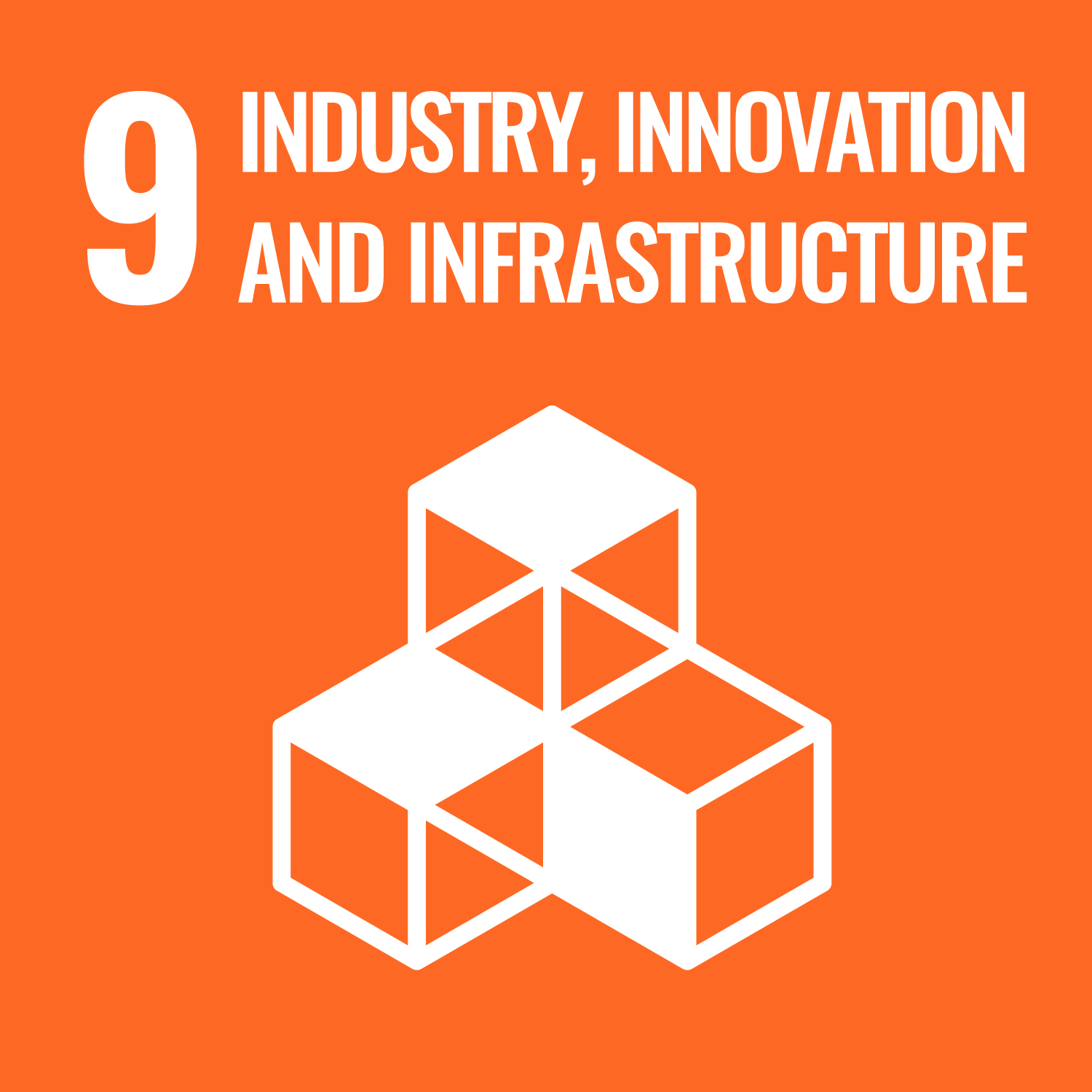SDG Detail
ENVENG 702 : Engineering Decision Making in Aotearoa
Postgraduate courseProject description
Advanced systems engineering based decision making; complex problem framing including ontology analysis; cultural opportunity mapping; absolute sustainability analysis; risk threshold determination; temporal cumulative effects; and effective consultation. Independent research is undertaken to solve a complex engineering decision making problem.
Project aims
?
Project outcome
By the end of this course, students will be able to: Learn the skills to engage and collaborate with a diverse range of stakeholders and their communities, culminating in the ability to assess, co-design, and deliver stakeholders supported outcomes: a) Demonstrate an appreciation of differing worldviews; b) Demonstrate an ability to interact with communities and incorporate principles of: i) Human-centred design/ co-design, ii) Tikanga and kawa; c) Confidence in effective and empathetic communication (Capability 1, 3, 4, 5 and 6) Critically assess a complex engineering brief via multiple decision-making lenses, and provide an integrated recommendation (Capability 1, 2, 3, 4 and 6) Illustrate understanding and competency to employ the following decision-making frameworks and approaches: a) Te Tiriti o Waitangi and the Treaty of Waitangi; b) Resource Management Act 1991; c) Wellness budget; d) Mauri model (Capability 2, 3, 4 and 5)
Related SDGs
The corresponding sustainable development goals correlated with this project. You you click the icon to link to SDG category description page.









